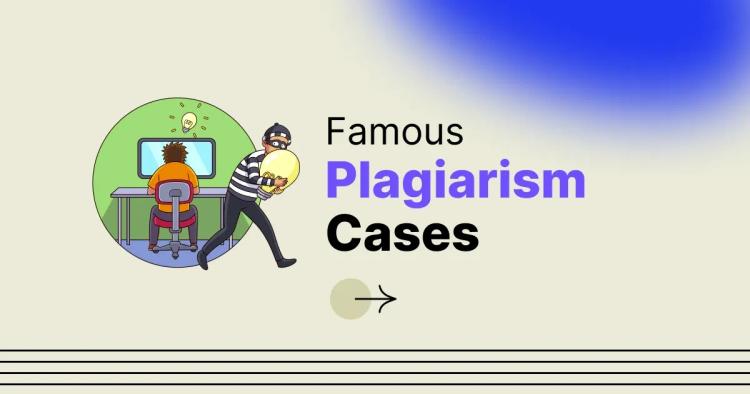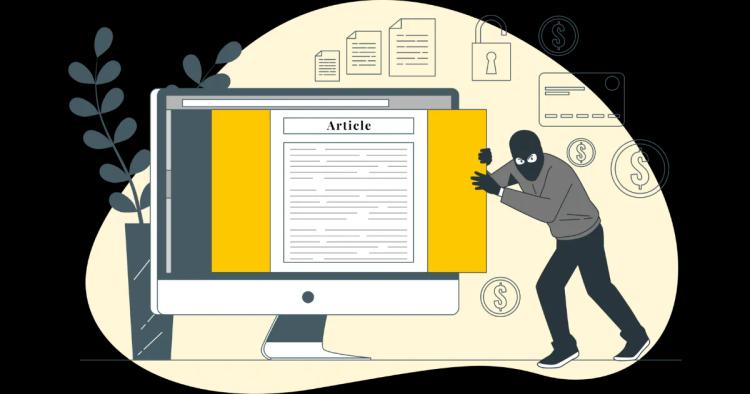Plagiarism, a scourge that undermines intellectual honesty and originality, has now taken on a global dimension. With the advent of the internet and easy access to information, the prevalence of global plagiarism has surged, posing significant challenges to academic institutions, journalists, and content creators.
In this blog post, we will delve into the intricacies of global plagiarism, examining its scope, implications, and the rise of this unethical practice. We will also explore the role of the CopyChecker, a powerful tool in combating plagiarism, and discuss its features and effectiveness.
Additionally, we will address the ethical concerns, consequences, and strategies to prevent global plagiarism, while emphasizing the importance of educating for integrity in writing practices worldwide.
Lastly, we will explore emerging trends and countermeasures in the ongoing battle against global plagiarism.
ᴀᴅᴠᴇʀᴛɪsᴇᴍᴇɴᴛ
Defining Global Plagiarism: Understanding the Scope and Implications
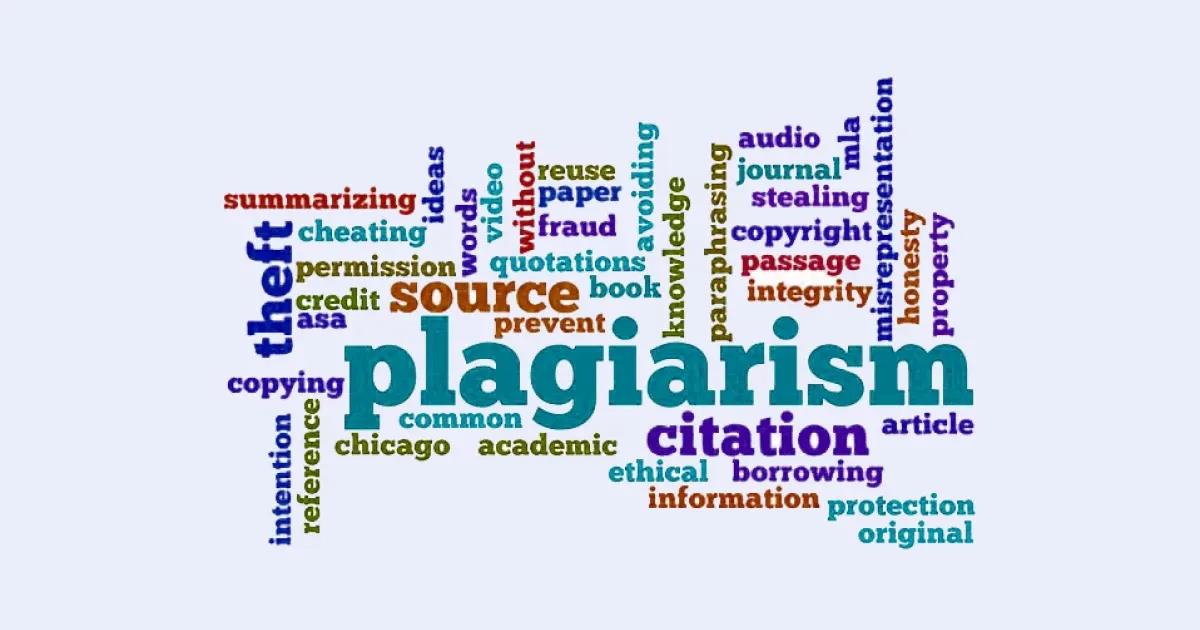
Global plagiarism refers to the act of stealing and presenting someone else's intellectual work, ideas, or creative output as one's own on a global scale.
It encompasses a wide range of practices, including copying text from online sources, using unauthorized translations, rephrasing, or paraphrasing without proper attribution, and even recycling one's previous work without acknowledgement.
The scope of global plagiarism extends beyond national borders, facilitated by the internet, which allows easy access to vast amounts of information from various cultures and languages.
The implications of global plagiarism are far-reaching, tarnishing reputations, eroding trust, hindering innovation, and undermining the integrity of academic and journalistic endeavours.
The Rise of Global Plagiarism: Factors Contributing to its Growth
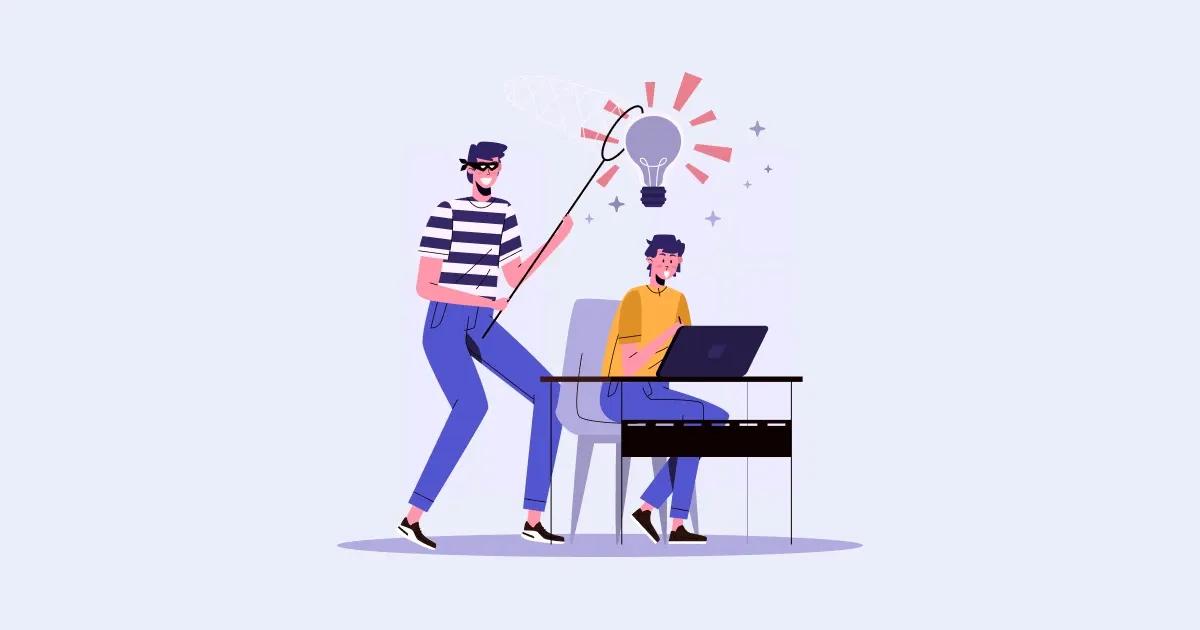
The rise of global plagiarism can be attributed to several factors that have created an environment conducive to this unethical practice. The digital age has revolutionized the dissemination of information, making it easier for individuals to find and duplicate content without proper citation.
The increasing pressure to produce original work within tight deadlines has led some individuals to resort to shortcuts, sacrificing integrity for expediency.
Additionally, the lack of awareness about the consequences and moral implications of plagiarism, coupled with the absence of stringent penalties, has fuelled its growth.
The globalization of education and journalism has also played a role, with cultural differences in citation practices and inadequate cross-border collaboration in addressing plagiarism issues.
Global Plagiarism in Academia: Challenges Faced by Educational Institutions
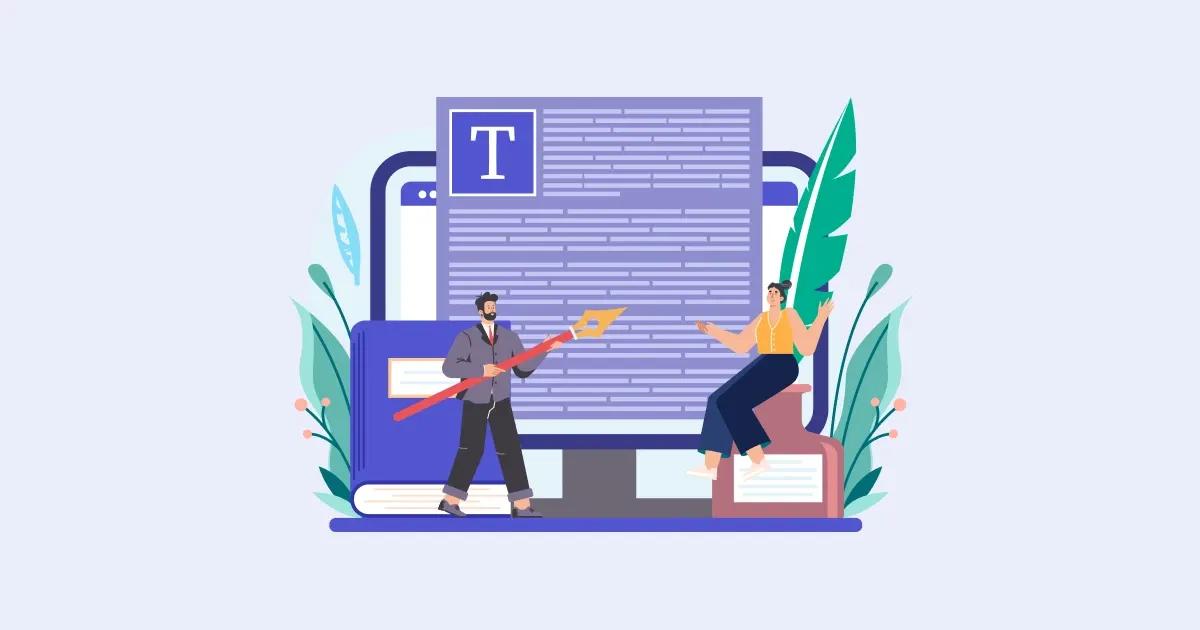
Academic institutions face significant challenges in combating global plagiarism. The influx of international students, each with their academic writing practices and cultural norms, presents a unique set of obstacles.
Educational institutions must navigate the delicate balance between promoting diversity and ensuring academic integrity. Faculty members and instructors grapple with identifying and addressing instances of plagiarism, while students often face challenges in understanding proper citation and avoiding unintentional plagiarism.
Furthermore, the lack of consistent policies, resources, and training on plagiarism prevention hampers effective measures against global plagiarism.
ᴀᴅᴠᴇʀᴛɪsᴇᴍᴇɴᴛ
Global Plagiarism in Journalism: Impact on Media Integrity and Trust

The impact of global plagiarism in journalism extends beyond academia. Journalists, tasked with providing accurate and reliable information, face immense pressure to produce compelling content within tight deadlines.
In this fast-paced environment, instances of plagiarism can occur, compromising media integrity and eroding public trust.
Plagiarism in journalism not only undermines the credibility of journalists and news organizations but also perpetuates the spread of inaccurate information, leading to a decline in journalistic standards.
Addressing global plagiarism in journalism is crucial for upholding the values of honesty, accuracy, and journalistic ethics.
Introducing CopyChecker: A Powerful Tool for Detecting Plagiarism
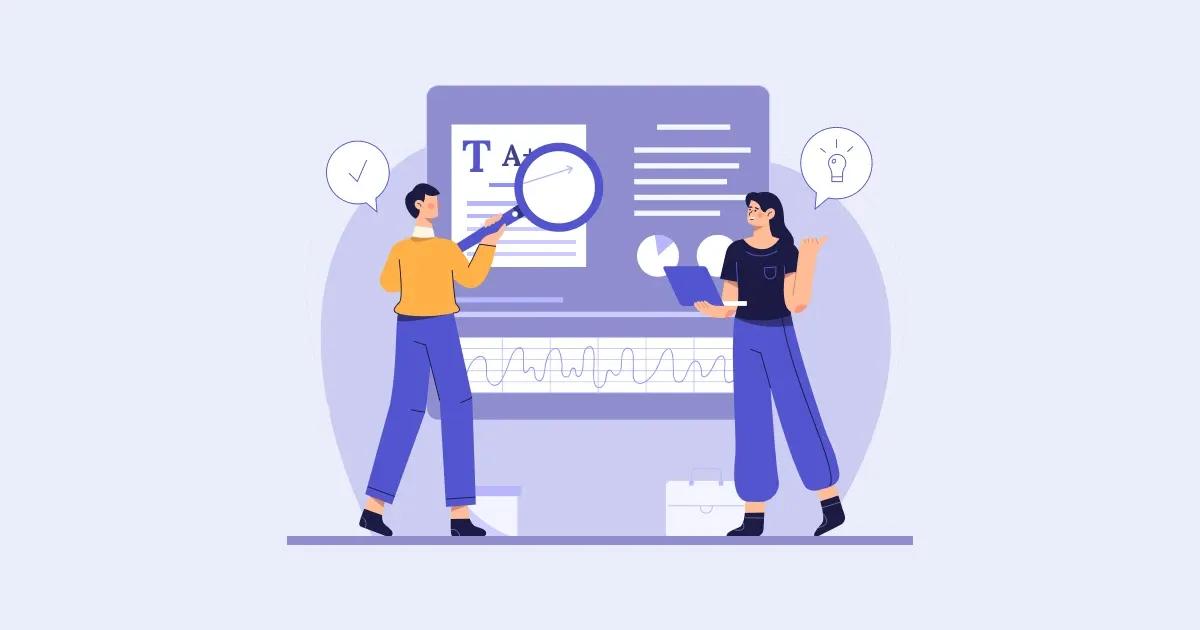
In the battle against global plagiarism, tools like CopyChecker have emerged as essential allies. CopyChecker is a cutting-edge plagiarism detection software designed to identify instances of plagiarism and assist in maintaining academic and journalistic integrity.
This robust tool employs advanced algorithms to compare submitted content with a vast database of sources, both online and offline, detecting similarities and highlighting potential cases of plagiarism.
With its user-friendly interface and accurate detection capabilities, CopyChecker has become an indispensable resource for educators, journalists, and content creators worldwide.
ᴀᴅᴠᴇʀᴛɪsᴇᴍᴇɴᴛ
How CopyChecker Works: Understanding the Technology Behind It
The technology behind CopyChecker is based on a sophisticated algorithm that employs natural language processing and machine learning techniques. When a document is uploaded, CopyChecker analyses the text, breaking it down into smaller units, such as sentences or paragraphs.
It then compares these units with an extensive database of academic journals, books, online articles, and previously submitted documents. The algorithm identifies matches and similarities, considering factors such as word order, sentence structure, and vocabulary usage.
By employing advanced linguistic and statistical models, CopyChecker provides accurate and reliable results, empowering users to detect instances of plagiarism effectively.
Key Features of CopyChecker: An Overview of Its Functionality
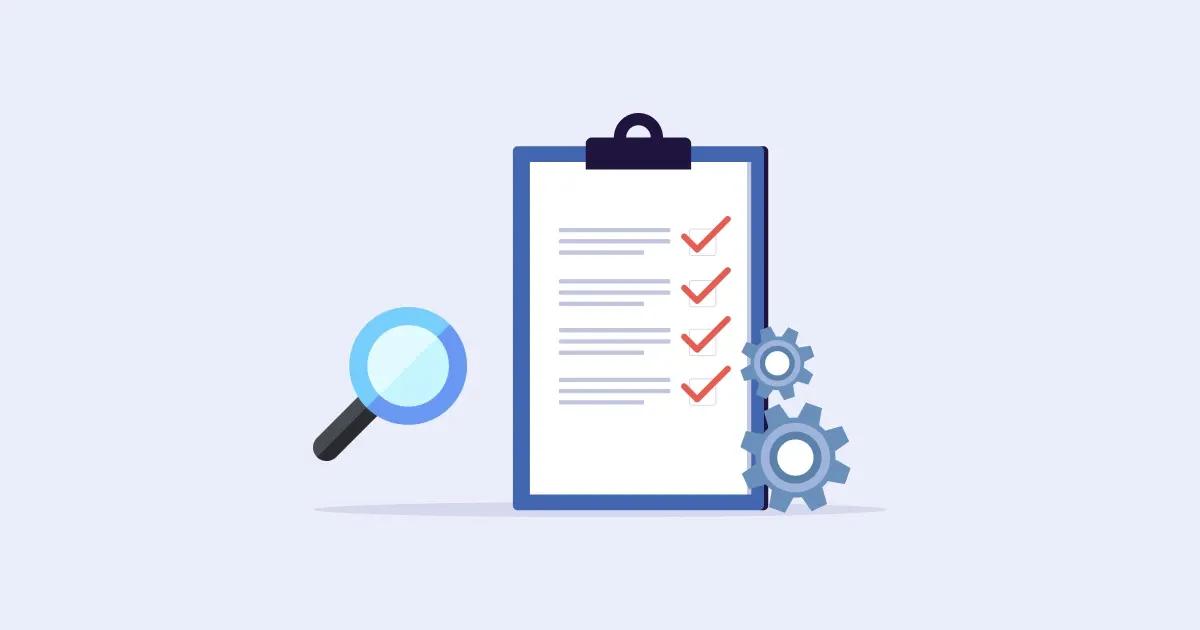
CopyChecker offers a range of features that enhance its functionality and usability. These features include:
Comprehensive Source Comparison: CopyChecker compares the uploaded document with an extensive database of sources, both online and offline, ensuring a thorough analysis.
Plagiarism Highlighting: The tool highlights instances of potential plagiarism, indicating the source and providing a percentage of similarity, helping users identify and address problematic areas.
Citations and References Verification: CopyChecker verifies the accuracy and proper formatting of citations and references, ensuring adherence to academic and citation style guidelines.
User-Friendly Interface: The intuitive interface of CopyChecker allows for easy document submission, quick analysis, and clear presentation of results, simplifying the plagiarism detection process.
Ethical Concerns of Global Plagiarism: Why It Matters More Than Ever
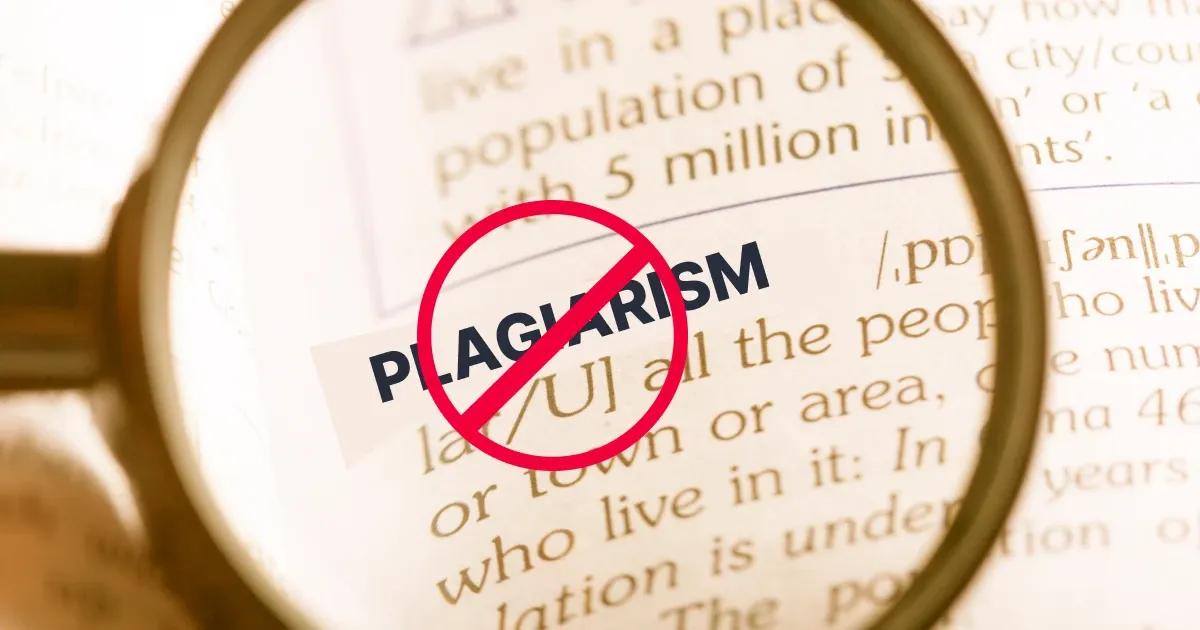
The ethical concerns surrounding global plagiarism have become increasingly critical in today's interconnected world. Plagiarism not only undermines the original author's intellectual property rights but also inhibits creativity, innovation, and the advancement of knowledge.
It perpetuates a culture of dishonesty, eroding trust in academic achievements and journalistic integrity. Additionally, global plagiarism hampers cross-cultural understanding and respect by misappropriating ideas and perspectives from different societies and cultural contexts.
Therefore, addressing and combating global plagiarism is essential for upholding the values of integrity, honesty, and fairness in intellectual pursuits.
Consequences of Global Plagiarism: Legal and Professional Ramifications
Instances of global plagiarism can have severe legal and professional ramifications. In academia, plagiarism can result in academic penalties, ranging from failing grades to expulsion.
In the professional realm, individuals who engage in plagiarism risk damage to their professional reputation, potential legal action, and loss of job opportunities. Additionally, publishers and news organizations may face lawsuits, loss of readership, and damage to their credibility.
The consequences of global plagiarism highlight the importance of rigorous plagiarism detection and prevention measures.
ᴀᴅᴠᴇʀᴛɪsᴇᴍᴇɴᴛ
Combating Global Plagiarism: Strategies and Tools for Prevention
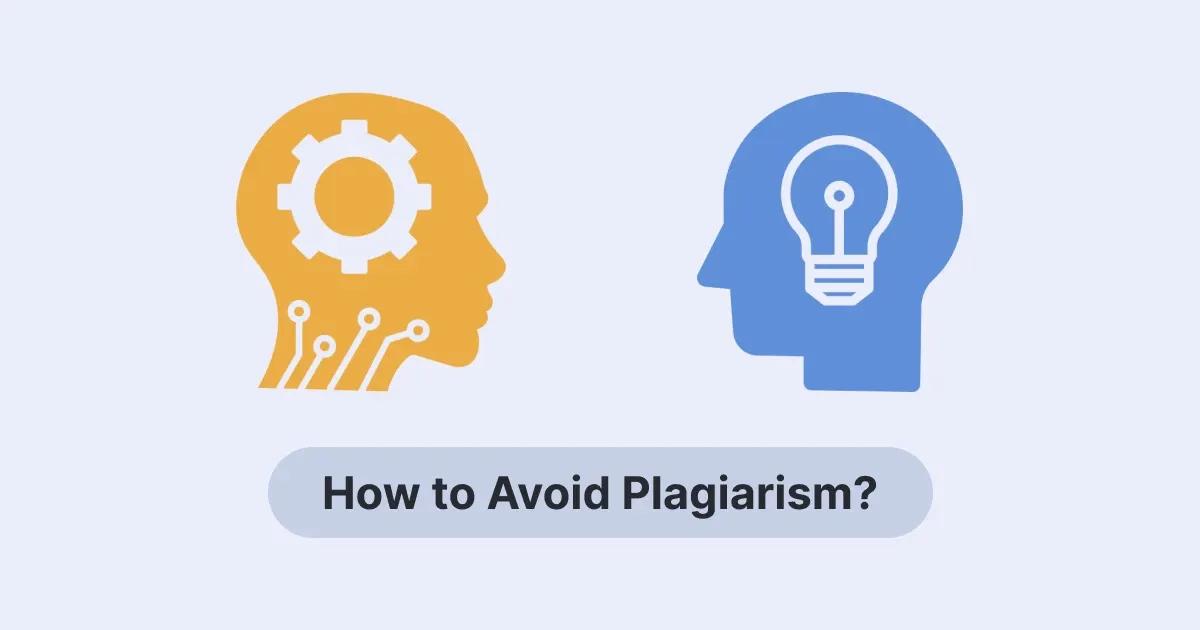
To combat global plagiarism effectively, a multi-faceted approach combining education, policies, and advanced tools is necessary. Educational institutions should implement comprehensive plagiarism prevention programs, including educational modules on proper citation and ethical writing practices.
Clear policies and guidelines, accompanied by rigorous enforcement, should be established to deter plagiarism. Advanced plagiarism detection tools, like CopyChecker, can be integrated into educational and publishing platforms to empower users and promote originality.
Cross-border collaboration among institutions and publishers can foster a global dialogue on plagiarism prevention strategies.
Educating for Integrity: Promoting Ethical Writing Practices Worldwide
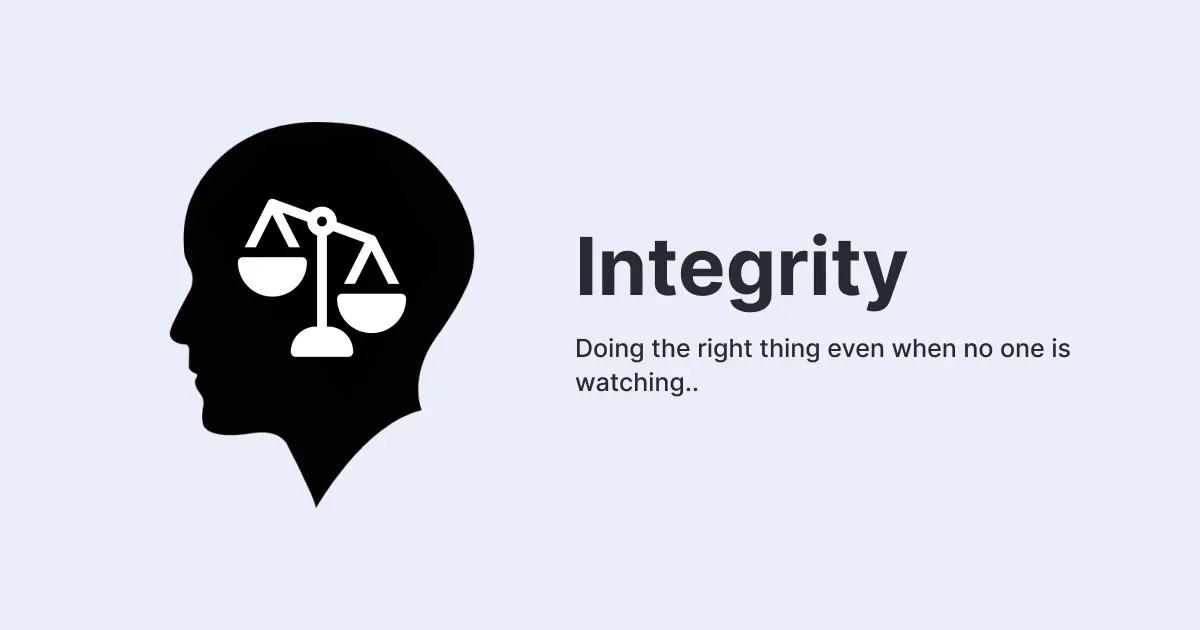
Education plays a vital role in fostering integrity and ethical writing practices worldwide. Students should be educated on the importance of proper citation, paraphrasing techniques, and the significance of acknowledging sources.
Faculty members should incorporate plagiarism prevention into their curricula, emphasizing the ethical and intellectual aspects of original work.
Educational institutions, in collaboration with publishers and professional organizations, can organize workshops, conferences, and seminars to raise awareness and share best practices in promoting integrity in writing.
CopyChecker vs. Global Plagiarism: How the Tool Helps Address the Issue
CopyChecker's role in addressing global plagiarism cannot be overstated. By providing a robust platform for plagiarism detection, CopyChecker empowers educators, journalists, and content creators to maintain the integrity of their work.
The tool's accurate and comprehensive analysis assists in identifying instances of plagiarism, enabling users to take appropriate corrective measures.
CopyChecker promotes a culture of originality, integrity, and respect for intellectual property rights, thereby contributing to the fight against global plagiarism.
ᴀᴅᴠᴇʀᴛɪsᴇᴍᴇɴᴛ
The Future of Global Plagiarism: Emerging Trends and Countermeasures

As technology continues to advance, new challenges and trends in global plagiarism will undoubtedly emerge. AI-powered content generation, translation tools, and sophisticated paraphrasing techniques pose significant risks in detecting plagiarism.
However, advanced plagiarism detection tools like CopyChecker will continue to evolve, incorporating machine learning algorithms and expanding databases to counter these emerging threats.
Additionally, international collaboration, the exchange of best practices, and the development of standardized policies will play a crucial role in addressing global plagiarism effectively.
FAQs:
What is global plagiarism?
A: Global plagiarism refers to the act of stealing and presenting someone else's intellectual work, ideas, or creative output as one's own on a global scale. It extends beyond national borders and is facilitated by the internet, allowing easy access to a vast array of information from various cultures and languages.
What factors contribute to the rise of global plagiarism?
A: The rise of global plagiarism can be attributed to several factors, including easy access to information online, time pressures, lack of awareness about the consequences, and cultural differences in citation practices. The globalization of education and journalism has also contributed to its growth.
What are the ethical concerns associated with global plagiarism?
A: Global plagiarism raises ethical concerns as it violates intellectual property rights, stifles originality and innovation and misappropriates ideas and perspectives from different cultures. It perpetuates dishonesty and erodes trust in academic and journalistic endeavours.
What are the consequences of global plagiarism?
A: Global plagiarism can have severe consequences, including academic penalties such as failing grades or expulsion for students, damage to professional reputations, potential legal action, and loss of job opportunities. Publishers and news organizations may face lawsuits, loss of readership, and damage to credibility.
ᴀᴅᴠᴇʀᴛɪsᴇᴍᴇɴᴛ
Conclusion
Global plagiarism has become a pervasive issue, affecting academia, journalism, and content creation worldwide. It undermines the principles of intellectual integrity, innovation, and cultural respect.
However, with the advent of powerful tools like CopyChecker and the implementation of robust plagiarism prevention strategies, there is hope for combating this unethical practice.
By raising awareness, fostering educational initiatives, and utilizing advanced technology, we can uphold the values of originality, honesty, and respect for intellectual property rights. Together, we can ensure a future where global plagiarism is a rarity, and ethical writing practices flourish.





